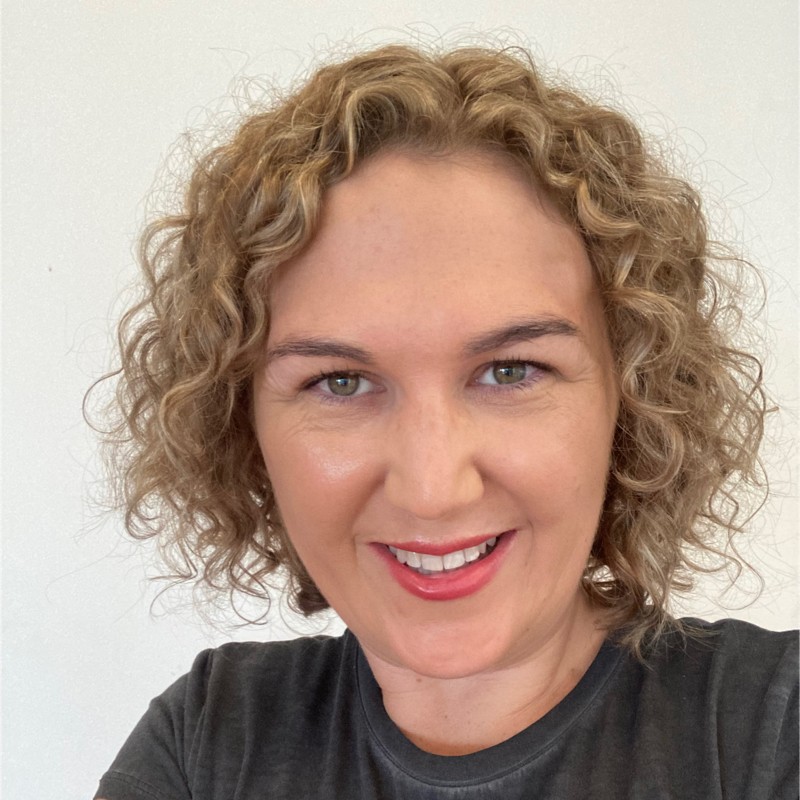
Using “stay” conversations to inform talent programs with Liz Heathwood
My thing is, if we’re not developing our leaders and keeping our leaders happy, how do they then pass that on to their people and be amazing, transformative leaders that are expected if they haven’t had that themselves?
In the Hot Seat: Liz Heathwood on the importance of discussions between a leader and a direct report in order to learn more about the employee
Andy’s guest is Liz Heathwood, a talent and HR expert and a global people strategy lead at EY, formerly known as Ernst & Young, the global professional services firm. Liz is based in Brisbane, Australia, and leads strategic talent projects for the strategy and transaction service line of EY. She’s an expert in talent strategy, talent development, learning and development, transformation and change, as well as talent and change management. More recently, Liz Heathwood’s role straddles both talent and learning and development, working with the business to design, deploy, and then manage the global communications around new talent and learning initiatives.
In this interview, Liz shares what “stay” interviews for leaders are and how they’re affecting career development and upscaling within the company. She also explains why these conversations need to feel like a safe space and remain anonymous so that employees can feel comfortable sharing their thoughts.

Listen to the podcast here:
Join the Think Tank Community!
Hosted by Andy Storch, the Talent Development Think Tank Community is where talent development professionals come together to share best practices, discover the latest trends, hear from experts and solve challenges so that they can perform better in their jobs and help their companies develop their people more effectively. If you are looking for new ways to engage and develop your people and accelerate your career success, this is the place for you. We have two levels to accommodate the different phases of where you are in your talent development career and journey.
- Leveraging education to create equity in talent mobility with Matthew Daniel from Guild Education - December 26, 2022
- Solving L&D Measurement Mysteries with Kevin M. Yates - December 13, 2022
- How to create a culture of meaningful work with Tim Olaore of Adventis Health - December 6, 2022
